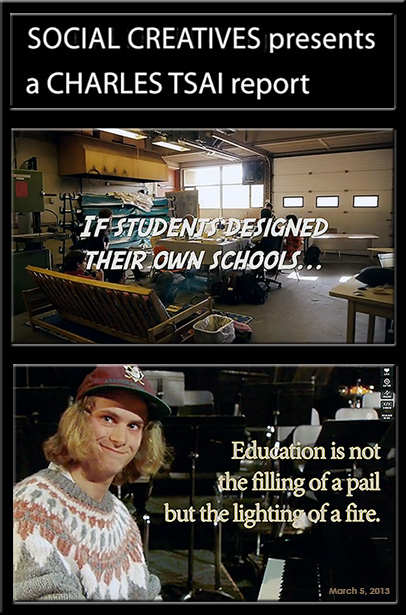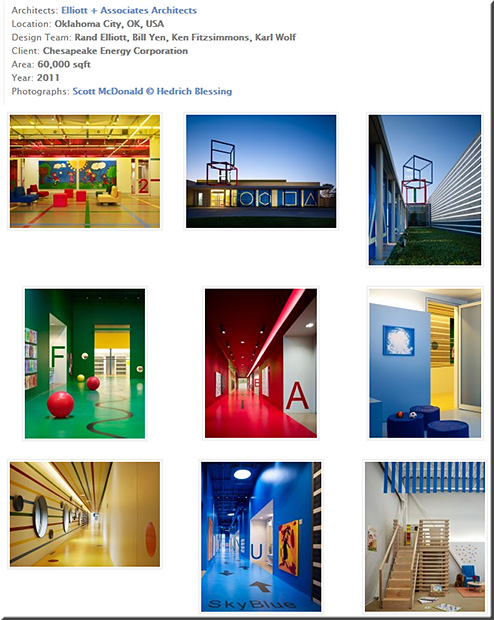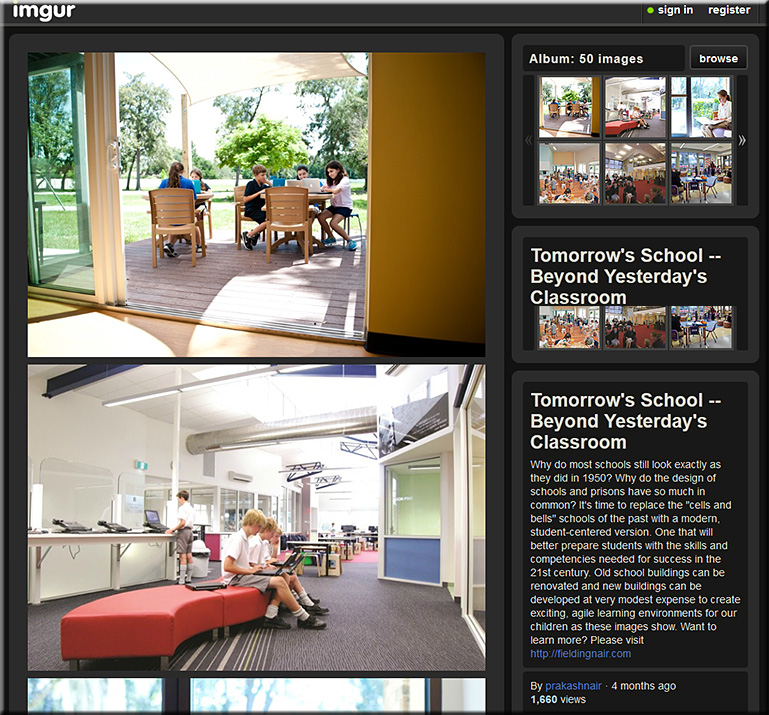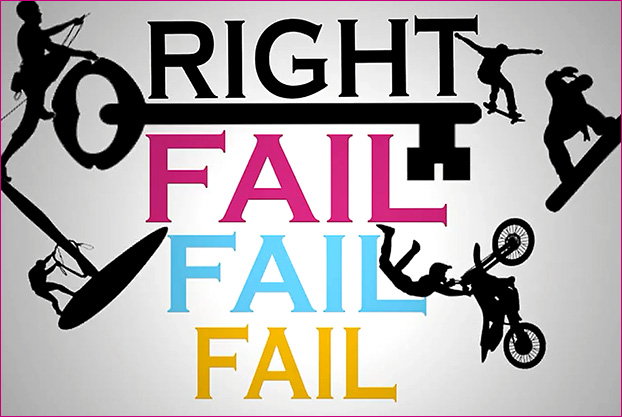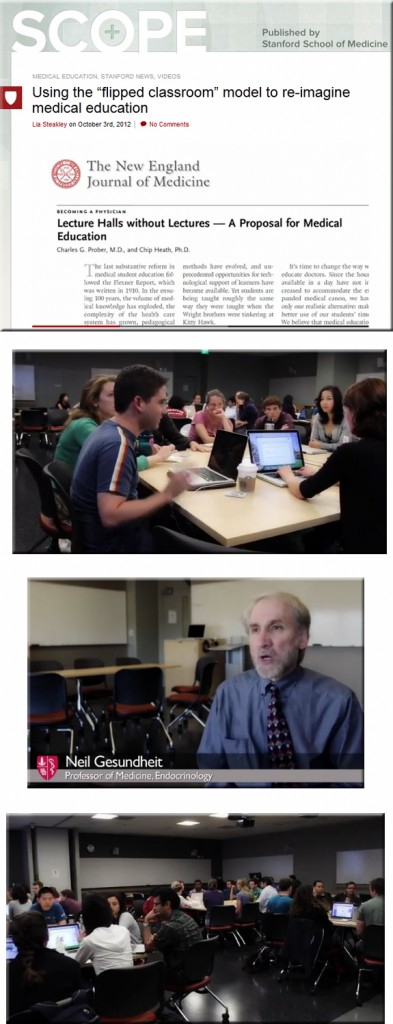From DSC:
I appreciate Kevin Wheeler’s comment on Jay Cross’ posting entitled “A Solution to the College Crisis” (emphasis below from DSC)
In response to Jay Cross:
Higher education in the United States is broken. Costs are ouf of control. Students are dissatisfied. Graduates can’t get jobs. Says MIT’s Andy McAfee, “What’s going on is halfway between a bubble and a scandal.” I propose we put higher ed back on track by founding Corporate Colleges. Corporate colleges break higher […]
Jay,
As you know I have written a book on Corporate Universities and have spent many years at the “coal face” of learning, work and formal education. What you propose is actually what many corporate universities are offering today (except for your funding approach). It works well at the professional levels where people already have skills and degrees but seek additional competence.
it works much less well with entry level folks and people with minimal education. Many of these folks lack basic skills or are functionally illiterate. Some are reluctant to sink time into learning, especially if it reduces pay. Many have social issues and have had bad experiences learning in school. They are not predisposed to learn in any way that looks like learning.
They need personal attention, work-based apprentice-like education, and a tremendous amount of coaching with consistent motivation or interest falls off. It is a dilema that technology works much less well at this level and therefore costs for coaching go up while the benefit to a corporation is minimal. Most organizations would rather invest in those who are already performing than try and educate entry-level or marginal folks. …
Everything you propose makes perfect sense, but it is damn hard to get it to work in reality.
.
From DSC:
This is exactly the kind of thing I’ve been trying to address — if people don’t like learning, it will be very hard to get them to become lifelong learners (something that has become a requirement these days).
To those of us working within K-12 and/or higher education:
One of the greatest gifts that we can possibly give to our students is a chance for them to identify and develop their God-given passions, interests, and abilities. If we create the “space” for this to occur, an enormous amount of internal energy and will power will be released.
Check out this video for a perfect example of this!!!
.
To those folks working within the corporate world:
How can your organization’s culture be tweaked to better support people and their development? This might be putting more resources towards helping internal employees develop their own learning ecosystems — based upon their interests, passions, career goals — and/or hiring entry-level folks and then helping develop them. Besides helping to make the world a better place, this approach just might just turn out to be a solid business move.









